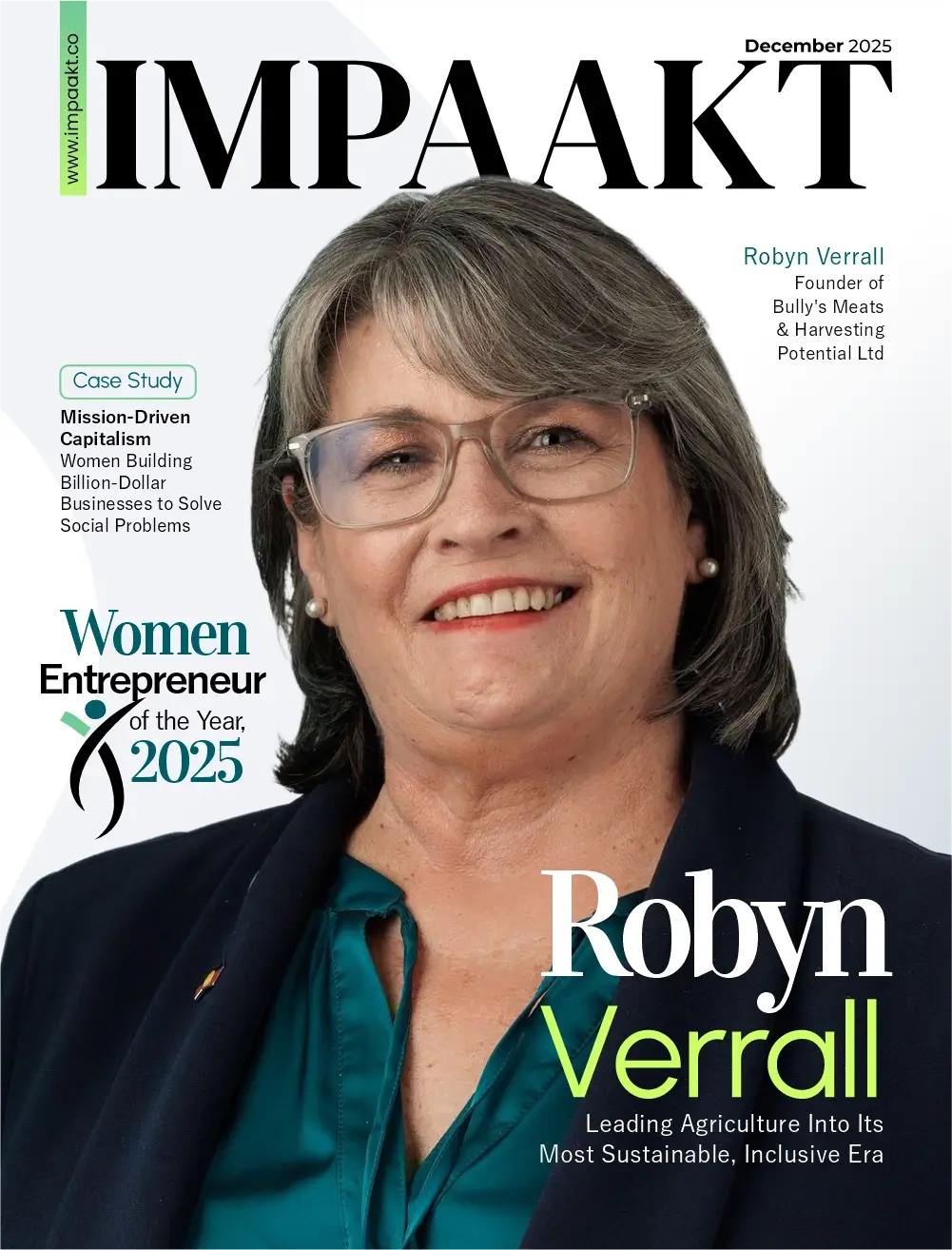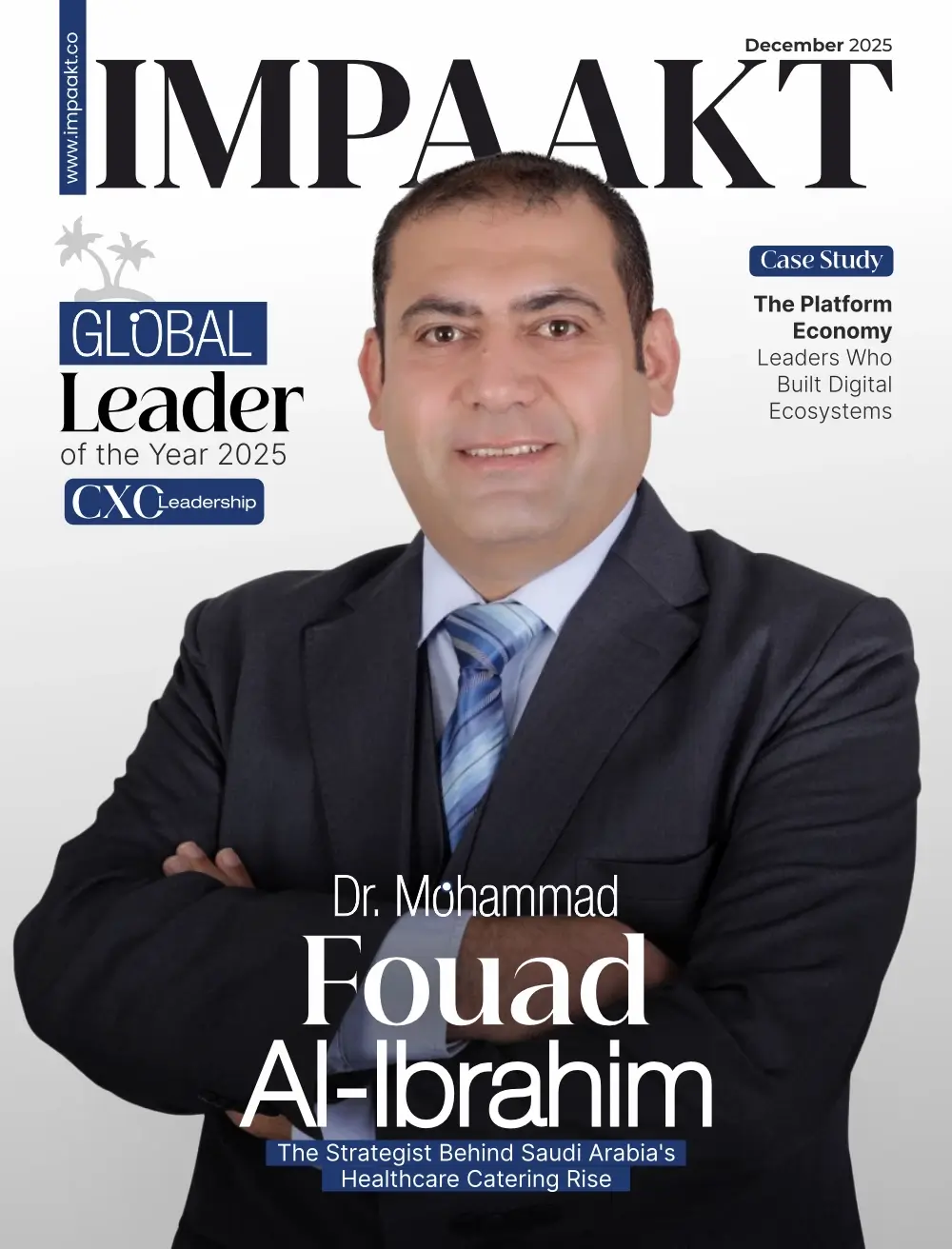India’s mental health landscape has long been defined by stigma, scarcity, and silence. With fewer than one psychiatrist per 100,000 people and cultural taboos preventing millions from seeking help, the gap between need and access was a chasm. While the world debated mental health awareness, India needed something more fundamental: infrastructure, advocacy, and systemic change.
Dr. Neerja Birla saw what others overlooked. As Founder and Chairperson of the Aditya Birla Education Trust and creator of the Mpower movement, she’s building the foundation for mental healthcare in one of the world’s most populous nations—one initiative, one conversation, and one life at a time.
The Education of an Advocate
Dr. Neerja Birla holds a Bachelor of Science Honours degree in Psychology from the University of Derby. But her education in mental health advocacy didn’t come from textbooks alone. It came from observation, empathy, and a growing recognition that India’s mental health crisis demanded more than awareness—it demanded action.
As a mental health champion and passionate educationist, Birla recognized that changing mental health outcomes required changing attitudes first. In a society where mental illness was whispered about, hidden behind closed doors, or blamed on personal weakness, the work wasn’t just clinical—it was cultural.
This understanding became the foundation of Mpower, her brainchild and the vehicle through which she’s driving systemic transformation.
Mpower: Movement, Not Just Mission
Mpower isn’t a mental health service—it’s a mental health movement. Founded under the Aditya Birla Education Trust, Mpower aims to affect positive change in attitudes toward mental health through a comprehensive, multi-pronged approach.
The strategy is deliberately broad: create awareness, alleviate stigma, advocate for prevention, and provide services with a professional, holistic, and multidisciplinary approach. Birla understood that sustainable change requires all of these elements working in concert.
Mpower provides personalized mental health support across a spectrum of conditions: anxiety, depression, ADHD, OCD, bipolar disorder, and couple counseling. But the services are just one part of the equation. Birla’s vision encompasses education, advocacy, and infrastructure-building—creating the ecosystem that makes mental healthcare not just available, but accessible and acceptable.
The Mpower movement positions mental health as a symbol of hope and change—reframing the narrative from shame to strength, from isolation to community.
The Multi-Vertical Approach to Systemic Change
What sets Dr. Birla apart is her understanding that mental health transformation requires intervention across multiple touchpoints. Under the purview of the Aditya Birla Education Trust, she established six verticals to champion her cause:
Aditya Birla World Academy, one of Mumbai’s premier international schools, is committed to nurturing students’ innate potential and molding them into passionate, committed, sensitive, value-based individuals with leadership qualities. Mental health isn’t an add-on—it’s integrated into educational philosophy.
Aditya Birla Integrated School provides a state-of-the-art holistic and personalized environment specifically for children with intellectual and learning difficulties—addressing a population often overlooked in India’s education system.
This multi-vertical approach reflects Birla’s recognition that mental health infrastructure must be built from the ground up, starting with education, advocacy, and specialized care for vulnerable populations.
Leadership Through Resolve and Responsibility
Dr. Birla is described as a progressive, dynamic, and inspiring leader, driven by passion and an unwavering resolve to give back to society responsibly. This isn’t philanthropy as performance—it’s strategic social investment.
Her leadership philosophy centers on the “Spirit of Service”—a commitment that extends beyond corporate social responsibility into genuine community transformation. She’s leveraging the resources and reach of one of India’s most prominent business families not for brand building, but for infrastructure building.
In a business ecosystem often focused on quarterly returns, Birla is playing a longer game. She’s investing in the mental health of a generation, knowing that the returns—measured in lives changed, stigma reduced, and systems strengthened—won’t appear on a balance sheet but will reshape a society.
Advocacy That Moves Beyond Awareness
Birla’s approach to advocacy is notable for its sophistication. She understands that awareness campaigns alone don’t change behavior. Real transformation requires changing policies, building professional capacity, creating accessible services, and shifting cultural narratives.
She’s been a vocal advocate for mental health policy reform, working to influence how mental health is perceived and treated across India. Her platform and credibility allow her to convene stakeholders—from government officials to healthcare professionals to educators—creating the collaborative networks necessary for systemic change.
This is advocacy as ecosystem-building: identifying gaps, mobilizing resources, establishing standards, and demonstrating what’s possible when commitment meets capability.
The Vision Forward
Dr. Birla’s aspirations extend far beyond Mpower’s current reach. Her vision is nothing less than transforming how an entire nation thinks about, talks about, and addresses mental health.
She recognizes that India’s mental health challenge is also India’s mental health opportunity. With the right infrastructure, the right policies, and the right cultural shift, India could become a model for integrating mental health into education, healthcare, and corporate wellness at scale.
Her work particularly emphasizes children and young people—the generation that will either perpetuate stigma or eliminate it. By embedding mental health awareness and support into educational institutions, she’s not just treating mental illness; she’s preventing it.
The Business Case for Compassion
For business leaders, Dr. Birla offers a compelling case study in strategic philanthropy. She demonstrates how leveraging institutional resources for social good creates value that extends far beyond traditional CSR metrics.
Her approach proves that addressing mental health isn’t charity—it’s investment. Healthy minds drive productivity, innovation, and economic growth. By building mental health infrastructure, she’s strengthening the human capital that every business depends on.
Dr. Neerja Birla is building what India desperately needs: a foundation for mental healthcare that can scale, sustain, and transform millions of lives. Her work reminds us that true leadership isn’t about managing what exists—it’s about creating what must exist.
In a world focused on disruption, Dr. Birla is engaged in something more fundamental: construction. She’s building infrastructure where none existed. And in doing so, she’s building hope.











